Top investment banks, around the globe, anticipate global economic growth to come to a further slowdown in 2023. 2022 has been a year of turmoil, with Russia’s invasion of Ukraine inflation skyrocketing, which triggered one of the fastest monetary policy tightening in decades.
Barring Japan, central banks of major economies, across the EU, North America, and Asia, have hiked interest rates to combat inflation. The Federal Reserve has increased interest rates by 425 basis points (4.25%) since March, which marked the start of current monetary policy tightening. Major European central banks, including Switzerland, Norway, and Germany have followed the same path. Asian economies like Hong Kong, Taiwan, and UAE, among others, have also hiked interest rates in the range of 75-100 basis points, in the third quarter. This rise in interest rates has sparked worries about a recession in the western world and an economic slowdown in Asian economies. In this article, we will explore what are the views of top investment banks on an economic slowdown.
JP Morgan Chase
JPMorgan Chase Chairman and CEO Jamie Dimon expressed his concerns in May by saying that a “hurricane could be on the way, as the Federal Reserve began throttling back inflation by hiking rates substantially and steadily.”
However, his views were much more positive post-July, when he highlighted the current state of the US economy. Dimon said that there are “plentiful jobs, higher consumer income, consumer spending 10% over 2022 and 30% over the pre-Covid period, even though some of that comes from gasoline and other essentials rising in price.” On the commercial side, he said, “we’ve never seen business credit be better ever in our lifetimes. That’s the current environment.” This was recorded during the earnings call of JP Morgan Chase. He also expressed the possibility of rate hikes and stagflation in the near future, “The future environment, which is not that far off, involves rates going up, maybe more than people think, because of inflation. There may be stagflation. There might be a soft landing.”
Citigroup
Citigroup’s CEO Jane Fraser expressed her concerns on recession in her opening remarks: “While sentiment has shifted, little of the data I see tells me the U.S. is on the cusp of a recession. Consumer spending remains well above pre-Covid levels, with household savings providing a cushion for future stress. And as any employer will tell you, the job market remains very tight.”
She further said that the American economy “is well-positioned to withstand” recession. However, she is not as confident about the European economy and believes that it is headed into a recession as early as fall 2022. As for China, she said, “its economy is bouncing back but another wave of Covid could be more problematic there.”
Morgan Stanley
Morgan Stanley published a report on the economic slowdown. The financial institution predicted a sharp difference between developed economies “in or near recession” and emerging economies “recover modestly”, in 2023. They believe an overall global pickup would likely remain “elusive”, with inflation peaking out in the current quarter and deflation being dominant in the next fiscal year.
Morgan Stanley anticipated that inflation, in the US, will remain strong and peak in the fourth quarter of 2022, whereas the Fed will keep rates high in 2023. The report further said, “The U.S. economy just skirts recession in 2023, but the landing doesn’t feel so soft as job growth slows meaningfully and the unemployment rate continues to rise, predicting a 0.5% expansion next fiscal year. The cumulative effect of tight policy in 2023 spills over into 2024, resulting in two very weak years.”
Moreover, according to Morgan Stanley’s forecasts, China’s economy will grow 5% in 2023, outpacing emerging markets’ 3.7% growth, while developed countries’ (top 10 developed countries) average growth would be around 0.3%.
Conclusion
Top global investment banks see inflation peaking out in the current quarter, with developed economies struggling to grow in the coming fiscal year. However, the fundamentals of developed countries remain strong, barring the concerns for the EU and Japan. Asian economies are expected to outperform western countries, with some economies, like India, expected to grow north of 5%. Job markets in western countries could remain tight. With the slowdown in western economies, export-oriented Asian economies could face some headwinds in growth.
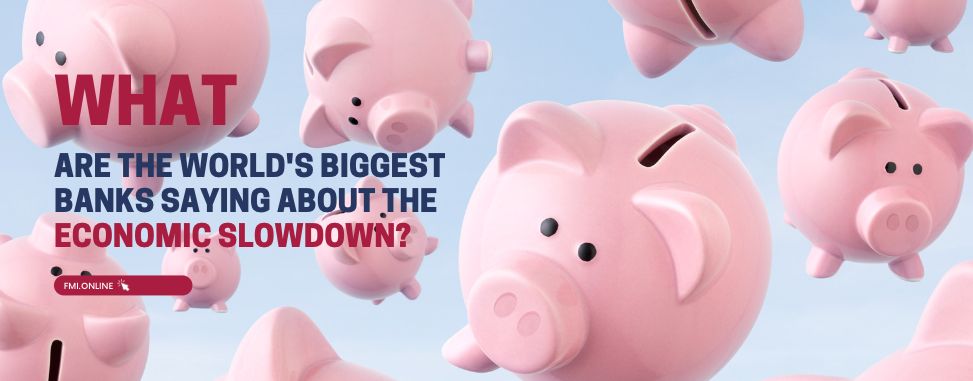
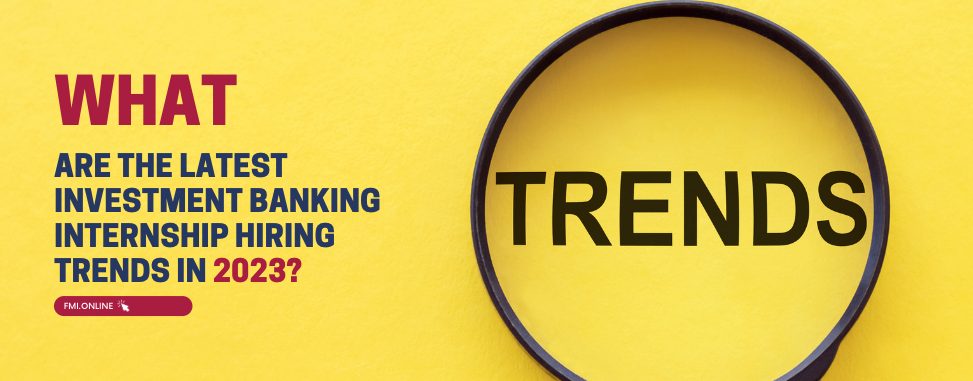
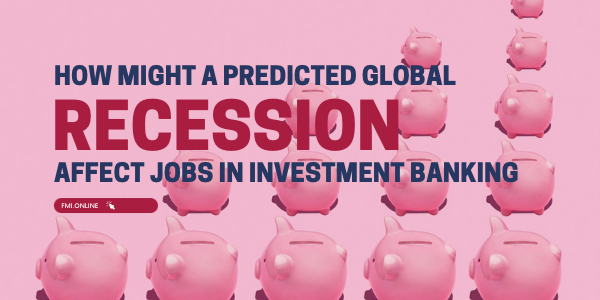
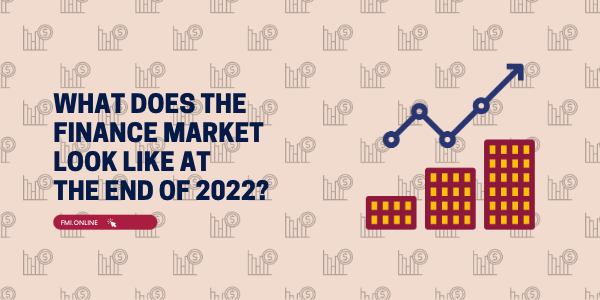
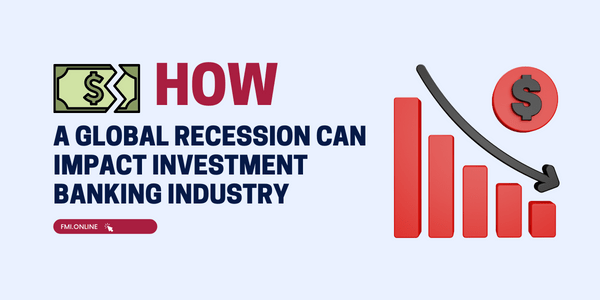
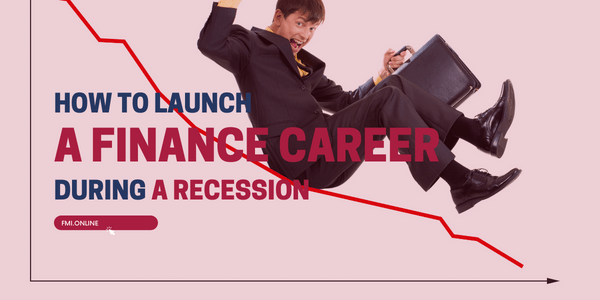



 60+ hours
60+ hours 9 courses
9 courses



